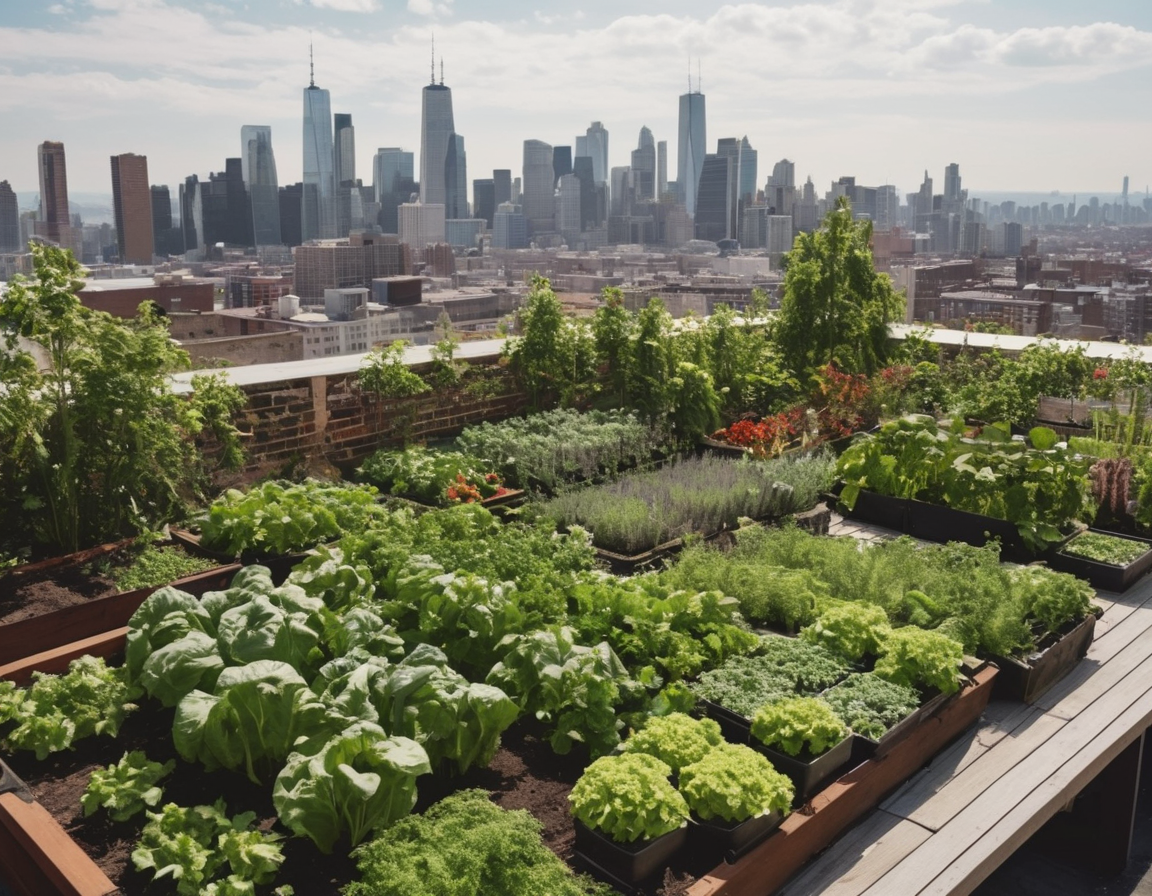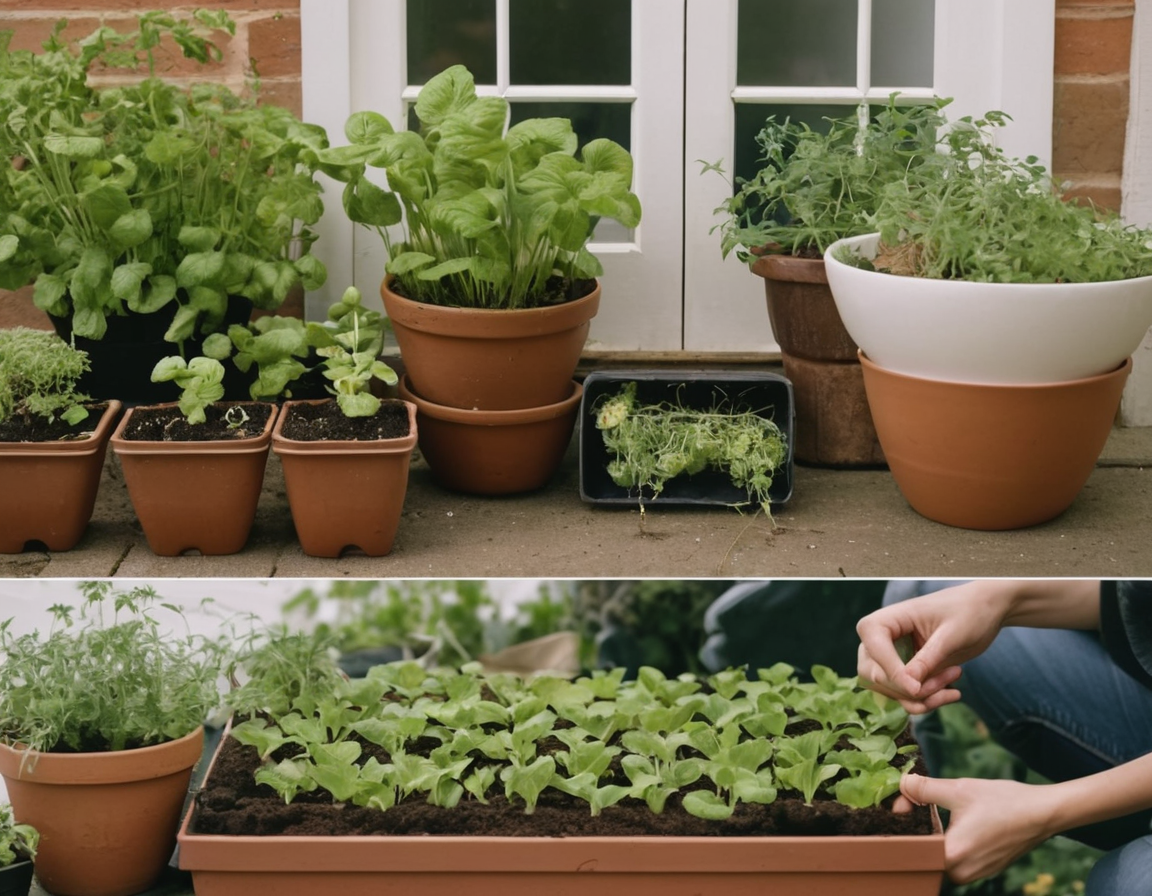Embracing a Greener Future: The Rise of Urban Farming
The Urban Farming Revolution
As cities continue to grow, finding sustainable ways to feed the urban population has become a critical challenge of our time. Urban farming, the practice of cultivating, processing, and distributing food in or around urban areas, presents a promising solution to this issue. In this post, we delve into the benefits of urban agriculture and how individuals can get involved in this green movement.

Why Urban Farming Matters
Food Security: By producing food locally, urban farms can help reduce food deserts and ensure communities have access to fresh, nutritious produce.
Sustainability: Urban farming often uses fewer resources than traditional agriculture, such as reduced transportation costs and lower water usage through innovative techniques like hydroponics and aquaponics.
Community Engagement: These green spaces offer educational opportunities and can strengthen community bonds as people come together to nurture their urban oases.

How to Start Your Own Urban Garden
Beginning an urban garden can be a fulfilling project, whether you have a small balcony or a larger community space. Here’s how to get started:
- Assess your space and determine which types of plants are suitable for your environment.
- Choose between various urban farming methods, such as container gardening, vertical farming, or community gardening.
- Learn about the plants you’re growing and the best practices for taking care of them.
Urban farming is not only about food production but also about creating greener, more sustainable cities and reconnecting with nature.
Join the Urban Farming Community
For those eager to take part in this growing movement, numerous resources are available online, and many cities offer classes on urban agriculture. By joining local community gardens or networks, you can share knowledge, tools, and even the fruits of your labor with neighbors and friends.
Conclusion
Urban farming is more than just a trend; it’s a lifestyle change that can significantly impact our urban environments, health, and communities. It empowers city residents to take control of their food sources and offers a path towards a more sustainable and resilient future.






